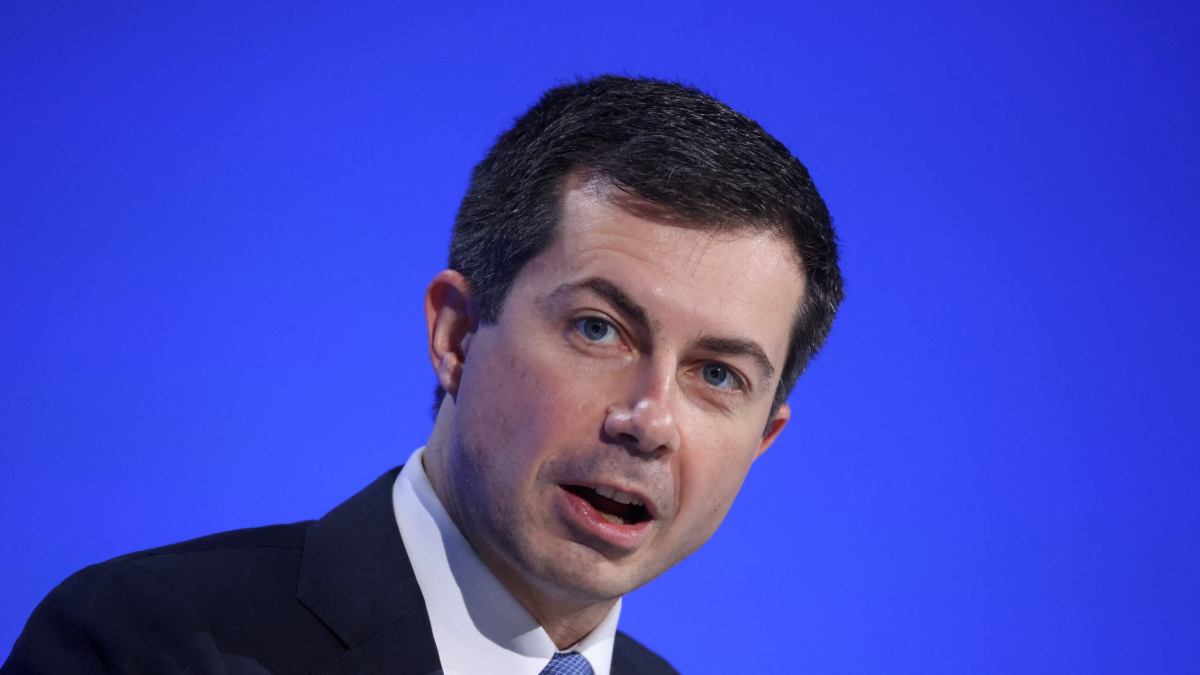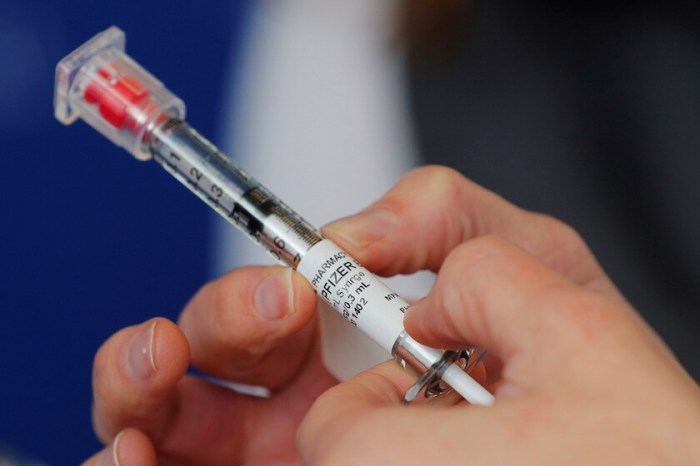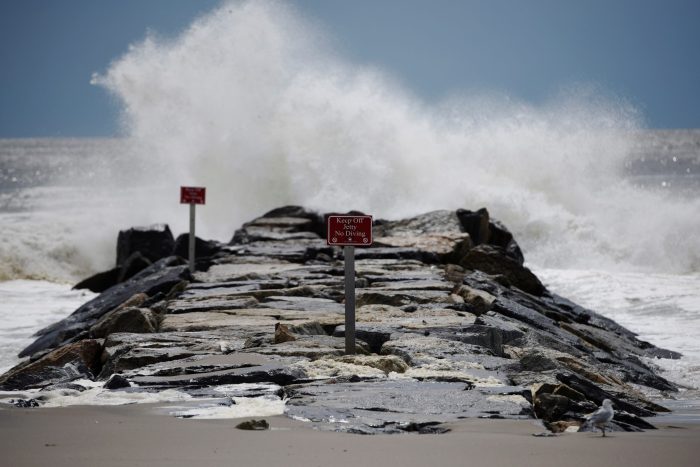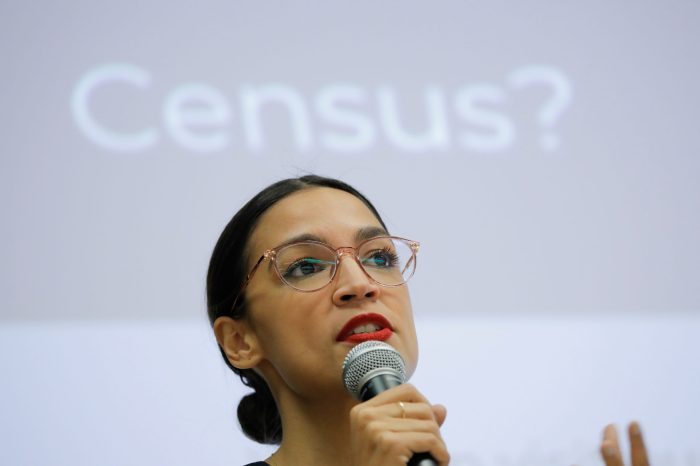The Biden administration on Thursday plans to detail how it will award nearly $5 billion over five years to build thousands of electric vehicle charging stations.
Congress approved the funding to states as part of a $1 trillion infrastructure bill in November.
The White House wants to prod Americans to move away from gasoline-powered vehicles even as efforts to win substantial additional funding for EVs in Congress have stalled.
The administration will make $615 million available in 2022 but states must first submit plans and win federal approval.
U.S. Transportation Secretary Pete Buttigieg said funding “will help us win the EV race by working with states, labor, and the private sector to deploy a historic nationwide charging network.”
By 2030, Biden wants 50% of all new vehicles sold to be electric or plug-in hybrid electric models and 500,000 new EV charging stations; he has not endorsed phasing out new gasoline-powered vehicle sales by 2030.
The Biden administration said in guidance Thursday that states should first prioritize investments along interstate highways. It also says:
* States should fund DC Fast Chargers; stations should have at least four ports capable of simultaneously charging four EVs.
* States should install EV charging infrastructure every 50 miles along interstate highways and be located within 1 mile of highways.
* Federal funds will cover 80% of EV charging costs, with private or state funds making up the balance.
The administration anticipates states will generally opt to hire private entities to install and operate EV charging stations.
The White House endorsed legislation stalled in Congress to increase current $7,500 EV tax credits to up to $12,500 for union-made U.S. vehicles, create credits of up to $4,000 for used EVs and lift the current 200,000-vehicle EV manufacturer tax credit cap, which would make General Motors and Tesla eligible again.
That bill includes a 30% credit for commercial electric vehicles, $3.5 billion for converting U.S. factories for EV production and $9 billion for the U.S. Postal Service and federal government to buy EVs and charging stations.
































